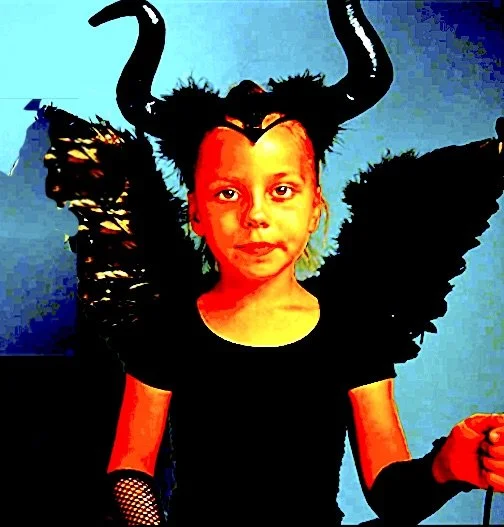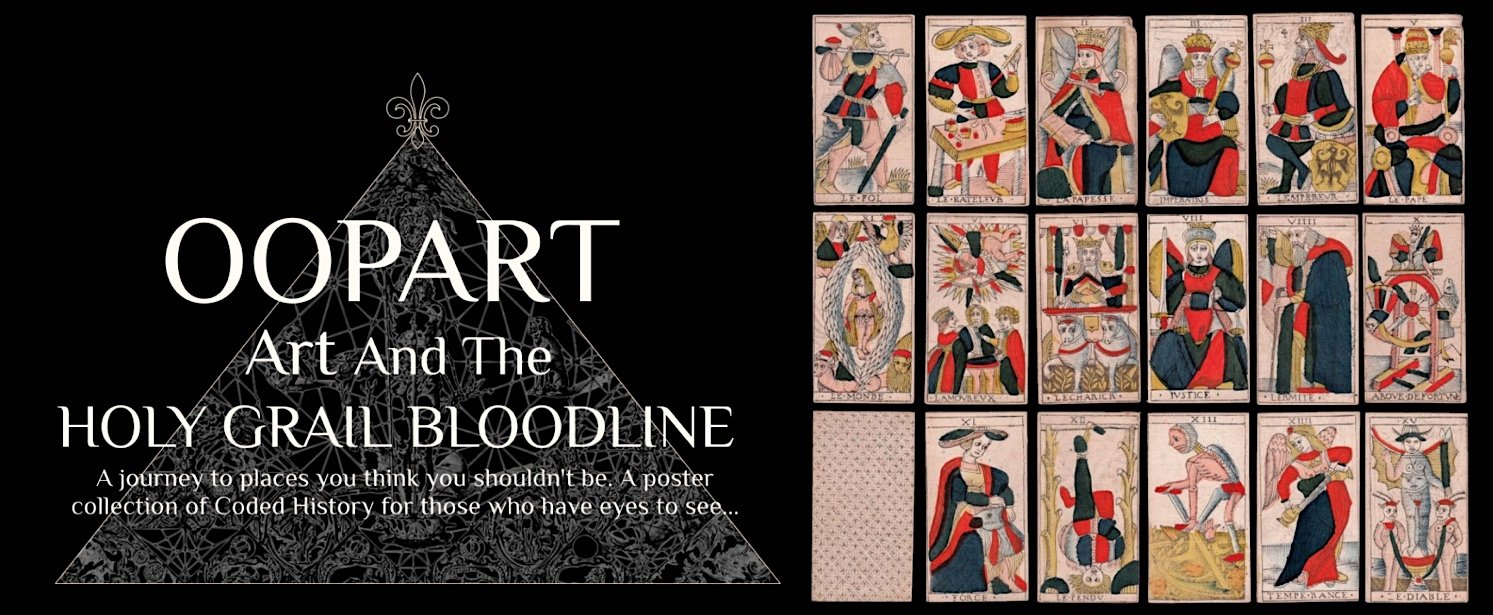Who doesn’t like Sad Karaoke Songs?
Ministry of Culture and Tourism (MCT) announced a blacklist of songs that will be banned from the nation’s legion of karaoke venues as of Oct. 1—China’s national holiday—as the government cracks down on musical content that isn’t “healthy and uplifting.”
According to state-run Xinhua, the ban will cover songs that “endanger national unity, sovereignty, or territory integrity; violate China’s religious policies and spread cults and superstitions; and advocate obscenity, gambling, violence, and drug-related crimes or instigating crimes.”
Sweeping censorship isn’t new in China, but the imminent karaoke crackdown is a swipe at one of China’s most popular pastimes. The MCT says there are over 50,000 karaoke venues across China, each offering a catalog of over 100,000 songs.
Unlike in the U.S., where karaoke is often performed at a bar in front of an audience of strangers, China’s karaoke—also known as KTV—takes place in private rooms where drinks, snacks, and cigarettes are delivered to the table. KTV’s relative privacy makes it a preferred venue for friends to celebrate birthdays or for business partners to affirm new deals through drunken ballads.
That KTV takes place behind closed doors makes karaoke a prime breeding ground for vice, too. Many KTV parlors are flimsy fronts for prostitution, with the venues offering so-called hostesses as companions for guests. The women pour drinks, lavish businessmen with compliments on their singing, and negotiate additional services off-books.
Despite actual crimes occurring behind closed KTV doors, Beijing’s latest crackdown targets unhappy songs—and it isn’t the first time Beijing has tried to rein in subversive music.
In August 2015, Beijing prohibited websites from hosting any of 120 songs the government deemed “morally harmful.” In November the same year, authorities ordered music streaming platforms—such as Tencent Music—to screen for “harmful” content before publishing songs.
Likewise, this time, Beijing says responsibility for screening karaoke songs will fall on the licensing companies that provide songbooks to KTV parlors, rather than on the KTV venue itself. That could put the onus on the China Audio-Video Copyright Association (CAVCA) and its executive agency the Karaoke Copyright Operation Center.
The CAVCA is the only agency authorized to license copyrighted songs to Chinese KTV parlors, charging around $15,000 in annual fees, according to one KTV operator interviewed by China Daily. In 2018, the CAVCA forced KTV rooms to remove over 6,000 songs from their catalogs after it decided those songs violated copyright claims.
Beijing’s latest crackdown target? Karaoke
BY EAMON BARRETT
Source: https://fortune.com
Source: https://fortune.com





